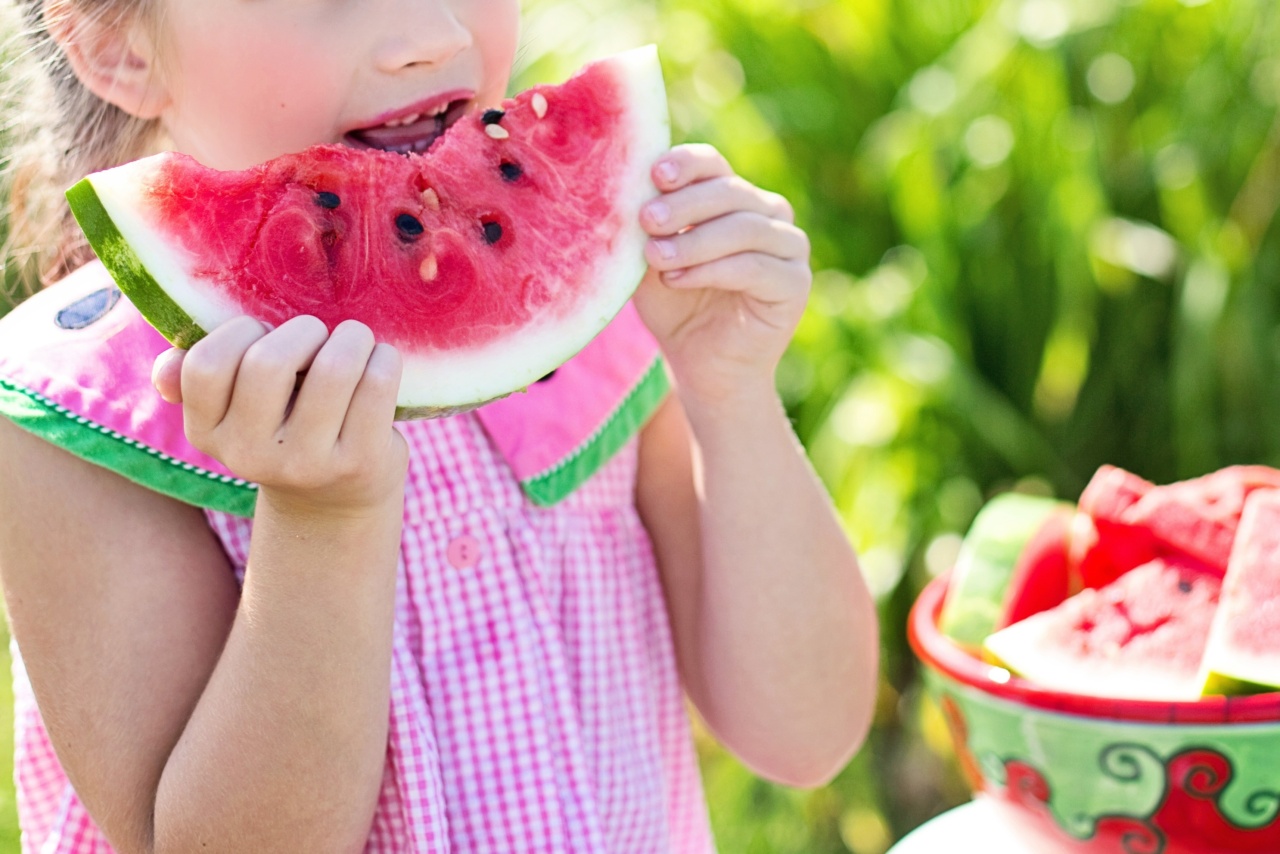In today’s health-conscious society, parents are always looking for ways to ensure their kids are eating a balanced and nutritious diet.
However, what may seem like healthy choices might actually be hiding a load of sugar, unhealthy fats, and artificial ingredients. The marketing claims and colorful packaging can sometimes fool even the most discerning parents.
The hidden sugars in fruit juices
Fruit juices are often marketed as a healthy choice, packed with vitamins and minerals. While they do contain some nutrients, they can also be packed with hidden sugars.
Some popular brands of fruit juice contain as much sugar as soda! Drinking excessive amounts of juice can lead to dental problems, weight gain, and an increased risk of type 2 diabetes. It’s important to limit juice consumption and opt for whole fruits instead.
The truth about granola bars
Granola bars may seem like a convenient and healthy snack option for kids, but not all granola bars are created equal. Many store-bought granola bars are loaded with added sugars and unhealthy fats.
Instead of reaching for pre-packaged bars, consider making your own at home using wholesome ingredients like oats, nuts, and seeds. This way, you can control the amount of sugar and ensure a healthier option for your kids.
Is yogurt really healthy?
Yogurt is often praised for its probiotics and calcium content, but it can also be a sneaky source of added sugars and artificial flavors. Many flavored yogurts marketed towards kids contain a significant amount of sugar.
Instead, opt for plain yogurt and add fresh fruits or honey for natural sweetness. Greek yogurt is also a great option as it tends to have fewer sugars and higher protein content.
False claims of “low-fat” and “fat-free” products
Parents often gravitate towards “low-fat” or “fat-free” products, thinking they are making a healthier choice for their kids. However, these products often compensate for the lack of fat by increasing the sugar content.
The body needs some healthy fats for proper growth and development, so it’s important not to completely eliminate them from your child’s diet. Choose whole foods like avocados, nuts, and seeds for a good source of healthy fats instead.
Processed and packaged snacks
While convenient, processed and packaged snacks should be consumed in moderation due to their high levels of sodium, unhealthy fats, and artificial ingredients.
Many popular snacks marketed towards kids are laden with preservatives and artificial flavors, making them a poor choice for a healthy diet. Instead, opt for homemade snacks like veggie sticks, fruit slices, or homemade trail mix, which are both nutritious and fun for kids to eat.
Sneaky culprits in cereal
Breakfast cereals marketed as “healthy” often contain hidden sugars and artificial additives.
Always take a closer look at the ingredient label, as some cereals contain more sugar than a donut! Instead of sugary cereals, choose whole grain options with no added sugars or make a nutritious breakfast from scratch, such as oatmeal with fresh fruits or whole wheat pancakes.
A faux healthy drink: flavored milk
Flavored milk seems like a good way to get children to consume calcium and other essential nutrients. However, most flavored milk contains high amounts of added sugars and artificial colors.
Opt instead for plain milk or try making your own flavored milk using natural sweeteners like vanilla extract or a small amount of honey. Milk alternatives made from soy, almond, or oat can also be great options, but make sure to check the sugar content.
The trap of pre-packaged smoothies
Smoothies can be a great way to pack in fruits and vegetables, but not all pre-packaged smoothies are as healthy as they claim to be. Many store-bought smoothies contain added sugars and lack the whole fruits and vegetables that provide essential fiber.
Make your own smoothies at home using fresh ingredients or check the labels carefully for added sugars and artificial additives.
Deceptive “veggie” chips
Veggie chips may sound like a healthier alternative to potato chips, but the reality is often different. While they may have some vegetable content, they are often fried and loaded with unhealthy fats and high amounts of sodium.
Instead, make your own vegetable chips by baking thinly sliced vegetables with a sprinkle of olive oil and a pinch of salt. It’s a healthier option that can be just as delicious.
The truth about sports drinks
Sports drinks are often marketed as a way to replenish electrolytes and provide energy. However, they are primarily designed for athletes engaging in intense physical activity and not suitable for casual consumption.
Most sports drinks contain high levels of sugar and artificial colors. For hydration, water is the best choice for kids, and a healthy snack can provide the necessary energy boost.
Conclusion
It’s crucial for parents to read labels carefully and be mindful of the marketing tactics used on food packaging. Many supposedly healthy foods marketed towards kids can be loaded with hidden sugars, unhealthy fats, and artificial additives.
By making informed choices and opting for whole, unprocessed foods whenever possible, parents can ensure their kids are getting the nutrients they need without falling into the trap of seemingly healthy yet not-so-healthy options.




























